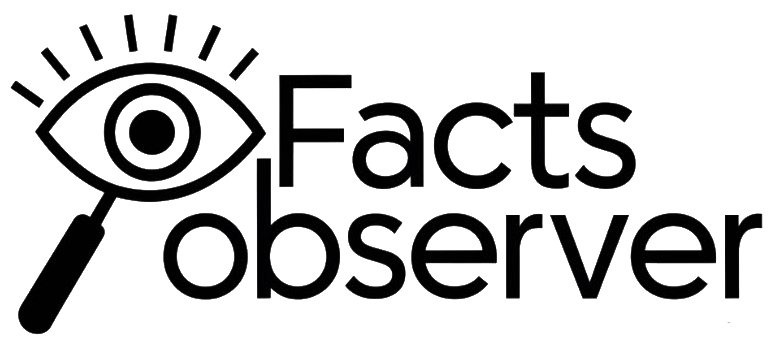The Complex Interplay Between Businesses and the Economy
The relationship between businesses and the economy is both intricate and profound, marked by a dynamic interplay where each significantly influences the other. Businesses serve as the backbone of economic growth, making substantial contributions to GDP and employment, driving investment and innovation, and injecting value into the economy through various channels. Conversely, economic factors such as consumer income levels, interest rates, inflation, and globalization shape business operations and strategies. For stakeholders navigating modern economies, understanding this dynamic is crucial.
The Economic Impact of Businesses
In OECD countries, businesses contribute approximately 72% of GDP, with large corporations accounting for a significant portion of this contribution. These businesses create jobs, driving employment and income levels within communities. The employment generated by businesses is vital for economic stability, as increased hiring reduces unemployment rates and boosts consumer spending power.
Businesses are also pivotal in driving investment and innovation. In major OECD economies, 85% of technology investments and labor productivity growth since 1995 can be attributed to the business sector. This investment enhances productivity, efficiency, and technological advancements, leading to new industries and job creation.
Economic value flows from businesses to households and the broader economy through several key pathways, including labor income, supplier payments, consumer surplus, capital income, and taxes. Labor income is the largest direct pathway, with wages and benefits accounting for $0.25 of each dollar of revenue. Supplier payments constitute $0.58 per dollar of revenue, reflecting the role of other businesses in enabling corporations to create and deliver their products and services. Consumer surplus, estimated at $0.40 per dollar of revenue, represents the value businesses provide to consumers.
Economic Factors Influencing Businesses

Several economic factors directly influence business performance:
- Consumer Income Levels: Higher incomes lead to increased consumer spending, driving higher sales and profits for businesses. Conversely, lower incomes can result in reduced revenues and potential business closures.
- Interest Rates: Lower interest rates reduce the cost of borrowing, encouraging businesses to invest in expansion and innovation. Higher interest rates can deter investment, potentially stifling growth.
- Inflation: Inflation affects purchasing power and input costs. High inflation can erode consumer purchasing power, leading to decreased demand for goods and services. Businesses may also face increased costs for raw materials and labor, squeezing profit margins.
The Role of Small Businesses
Small businesses are often referred to as the backbone of the economy due to their significant contributions to job creation and innovation. They provide essential goods and services, create local jobs, and foster community development. The growth of small businesses can lead to increased competition, driving larger companies to innovate and improve their offerings, benefiting consumers and the economy as a whole.
Small businesses often adapt more quickly to changing economic conditions than larger corporations, allowing them to seize new opportunities and respond to consumer demands effectively. This adaptability can enhance overall economic resilience, particularly during downturns.
Globalization and Economic Interdependence
Globalization has transformed the way businesses operate and interact with the economy. Companies now operate in a global marketplace, sourcing materials and labor from different countries and selling products worldwide. This interdependence means that economic conditions in one region can have ripple effects across the globe.
A recession in a major economy can lead to decreased demand for imports from other countries, impacting businesses worldwide. Conversely, economic growth in emerging markets can create new opportunities for businesses in developed countries, fostering international trade and investment.
FAQs
Q1. How do businesses contribute to economic growth?
A1. Businesses contribute to economic growth through job creation, investment in technology and innovation, and the production of goods and services that meet consumer demand. They also contribute to GDP and provide tax revenue for governments.
Q2. What are the main economic factors that influence businesses?
A2. The main economic factors that influence businesses include consumer income levels, interest rates, inflation, unemployment, exchange rates, and government policies such as taxation and regulations.
Q3. How do businesses respond to changes in the economy?
A3. Businesses respond to changes in the economy by adjusting their strategies, operations, and pricing to adapt to new market conditions. During periods of economic growth, businesses may invest in expansion, hire more employees, and increase production. During economic downturns, businesses may cut costs, reduce staff, and focus on maintaining profitability.
Q4. What is the role of small businesses in the economy?
A4. Small businesses play a crucial role in the economy by creating jobs, fostering innovation, and providing essential goods and services to local communities. They also contribute to economic diversity and resilience by adapting quickly to changing market conditions.
Q5. How does globalization affect the relationship between businesses and the economy?
A5. Globalization has increased the interdependence between businesses and economies worldwide. Economic conditions in one country can now have significant impacts on businesses and economies in other countries through trade, investment, and the movement of labor and capital. This has created both opportunities and challenges for businesses operating in a global marketplace.







